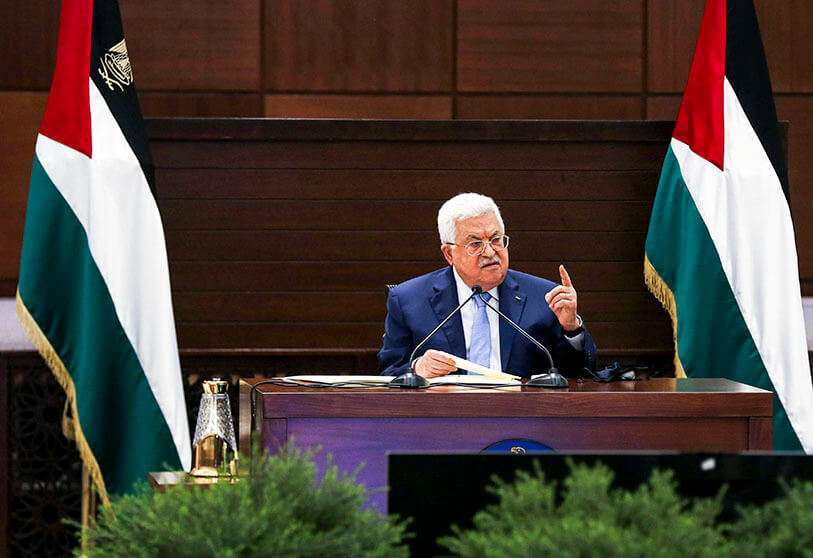Russia warns that there will be no peace in the Middle East without solving the "Palestinian problem

Russia speaks out on the recently signed Abraham Agreements. The country has recognised that this is a process that will bring peace to the region, but has warned that it would be a "mistake" to think of peace in the Middle East without resolving the Palestinian issue.
Last Tuesday Bahrain, the United Arab Emirates and Israel signed an agreement announcing the normalisation of their relations. It had been thirty years since any Arab country had normalised relations with Israel, which was sanctioned by the Arab League precisely because of the Palestinian issue.
International statements welcoming or condemning the agreement have been arriving throughout the week. The Russian foreign ministry stated that the normalisation of ties between Israel and several Arab countries "is progress, but the Palestinian problem remains acute", they stressed.
This week's Abraham Agreements represent a historic consensus that turns the region's geopolitical interests upside down. From Moscow they have called on regional and global actors to "intensify coordinated efforts" to resolve the problem.
There has been much criticism of this signature from the Palestinian government. They have even asked the Arab League to condemn these agreements publicly, but so far they have only received silence in response.
The Palestinian leader Mahmoud Abbas said on Tuesday that only an Israeli withdrawal from its territories could bring peace to the Middle East. At first, the United Arab Emirates stated that it "would not leave the Palestinian cause behind" and that it continues to defend its position on the solution of the conflict with East Jerusalem as the capital of a future independent Palestinian state based on the 1967 borders.
Despite this, the spokesman for the president of the Palestinian Authority, Nabil Abú Rudeina, has raised his discourse, accusing it of "aggression against the Palestinian people and betrayal of Jerusalem". "The pact is a blow to the Arab Peace Initiative and to the decisions of the Arab and Islamic summits", and threatens future meetings.
The specialist correspondent for the Middle East, Henrique Cymerman, warned that this is a crucial time for agreeing on a lasting peace. "The Palestinians have to understand that there will not be many more opportunities and this is the time for dialogue", he explained at a meeting with the international press last Wednesday.

It seems that Russia has also understood this opportunity and has declared that "they are ready to start joint work". He therefore proposes reviving the activities of the organisation set up in Madrid in 2002, the Middle East Quartet.
This group, comprising the United States, Russia, the European Union and the United Nations, was intended to support the economic and institutional development of Palestinian society.
Since its creation they have been producing annual reports on different areas of development (water, energy, law, transit, telecommunications and economic mapping), but their impact is not very significant and their website has been inactive since January 2019.
Russia proposes "resuming joint work with the Quartet, also in the diplomatic framework coordinated with the Arab League", explain the Foreign Ministry. The results of this work and contacts will be published over the coming months.
Over the next few days, we could also see other countries such as Oman and Sudan normalise their relations with Israel. The question of 'who will be next' is still haunting those interested in the Middle East conflict.
The support given by Russia and the international community will only bear fruit if the Palestinians accept the proposal to cooperate. So far, there seems to be no incentive to do so, as was shown by the bombings in the Gaza Strip on the very night of the signing of the agreements at the White House.









